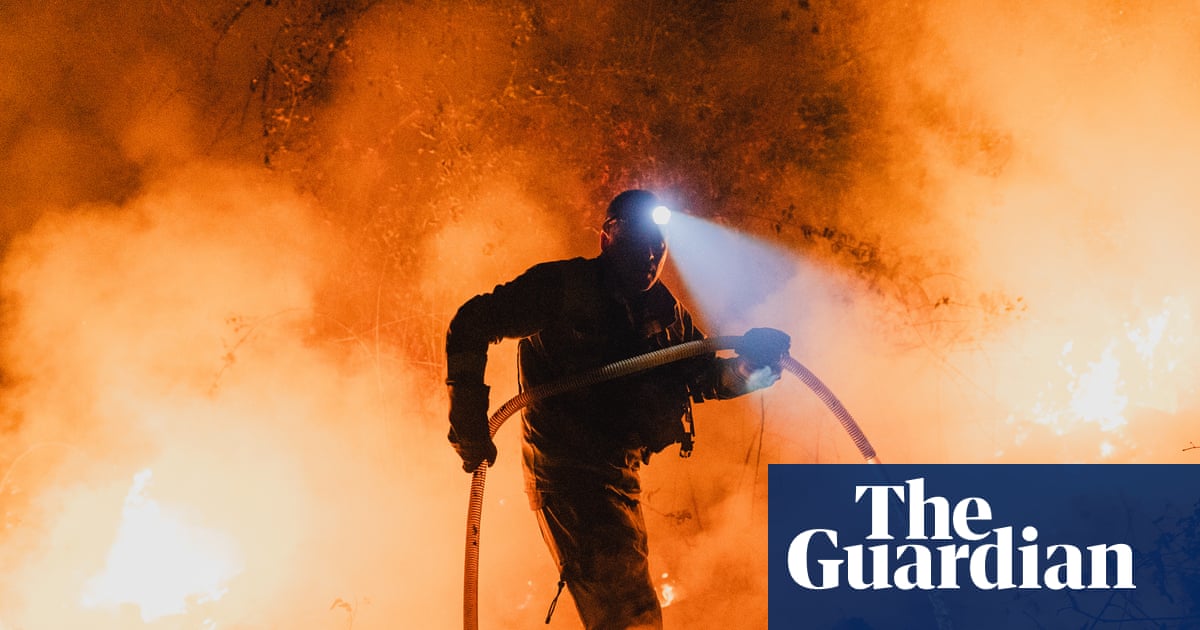
Extreme Heat and Wildfires Overwhelm Southern Europe
Relentless, record-breaking heat has fueled devastating wildfires across southern Europe, posing critical challenges for governments and communities alike. With temperatures soaring as high as 45.8°C (114°F) in Spain, climate experts are warning that this crisis highlights the worsening impacts of global climate change.
In Spain alone, one-quarter of weather stations reported temperatures hovering around 40°C, with numerous regions facing “very high or extreme fire danger.” Aemet, Spain’s meteorological agency, urged caution and vigilance as the sweltering conditions persisted, despite a slight cooling trend expected in coming days.
Tragic Human and Environmental Cost
The human toll has been severe, with lives lost in both Spain and Portugal. Spain reported its fourth fatality after the overturning of a firefighting vehicle, while Portugal mourned its second firefighting casualty. These tragedies underscore the immense strain on emergency response teams battling over 530,000 hectares of burnt land across the continent—more than double the two-decade average.
In Portugal, authorities implemented a state of alert, extending wildfire warnings as the government sought additional support, such as Canadair water-bombing planes. Similarly, Spain deployed an additional 500 soldiers to supplement the 1,400-strong troop effort aiming to bring the fires under control.
Climate Change and the Call for Action
The extreme conditions are being exacerbated by carbon pollution and climate breakdown. Spanish Prime Minister Pedro Sánchez has called for a bipartisan “state pact” to address the climate emergency, emphasizing the need for science-backed policies and cooperative national strategies. His appeal comes amidst growing backlash over the rollback of green policies in multiple countries across Europe.
“We must act based on scientific evidence and insulate this issue from partisan struggles,” Sánchez urged during his visit to wildfire-stricken areas in Ourense and León.
European Efforts to Combat the Flames
Countries from Spain to Bulgaria have sought help from the EU to combat the escalating crisis. Drought conditions in regions such as southern France have amplified the wildfire risk, with dry vegetation turning landscapes into tinderboxes. In response, EU mechanisms for civil protection, including dispatching firefighting resources and planes, have been activated.
Notably, France’s national meteorological agency, Météo France, has sounded alarms on the continued risk of wildfires despite a slight cooling in some regions. As drought conditions intensify, the agency warns that southern departments remain highly vulnerable to new outbreaks.
Adapting to a Changing Climate
Environmental stress, compounded by human activity, is pushing Europe to adapt to a “new normal.” Authorities across the continent are being challenged to develop forward-thinking responses to climate-induced disasters. Investing in sustainable technologies, like advanced wildfire suppression systems, is an urgent priority.
For those living in high-risk areas, personal preparedness is equally crucial. Investing in air purifiers, like the Dyson Pure Hot+Cool Air Purifier, can improve indoor air quality during wildfire events. These purifiers filter out harmful particulates, ensuring a safer living environment during extreme weather conditions.
The wildfires scarring Europe this summer serve as a stark reminder of the urgent need for global action against climate change. From policy transformations to community-level preparedness, the stakes have never been higher.






